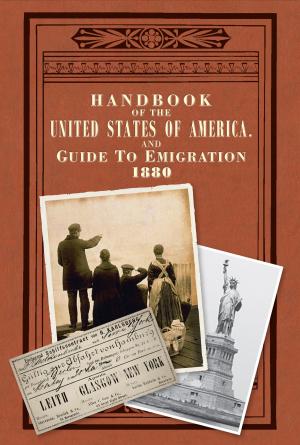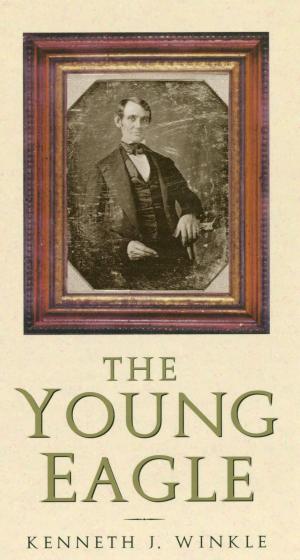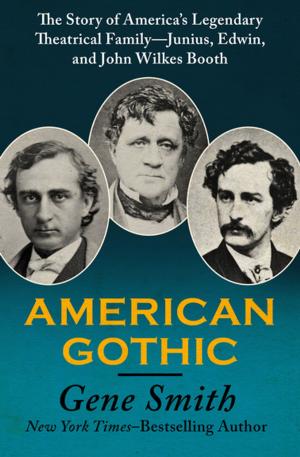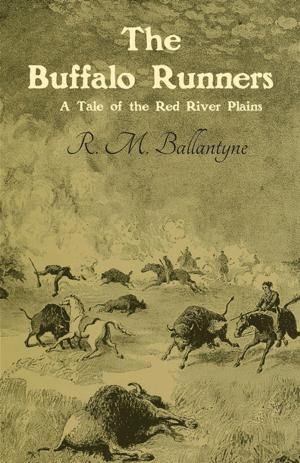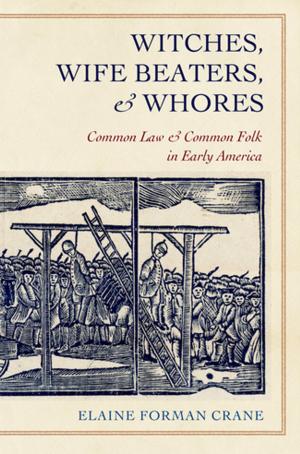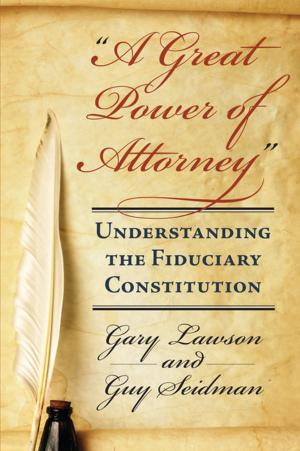| Author: | Bram Stoker | ISBN: | 9786050329018 |
| Publisher: | Bram Stoker | Publication: | October 23, 2014 |
| Imprint: | Language: | English |
| Author: | Bram Stoker |
| ISBN: | 9786050329018 |
| Publisher: | Bram Stoker |
| Publication: | October 23, 2014 |
| Imprint: | |
| Language: | English |
Famous Impostors was Bram Stoker's fifth and final book of nonfiction. Abraham "Bram" Stoker (8 November 1847 – 20 April 1912) was an Irish novelist and short story writer, best known today for his 1897 Gothic novel Dracula. During his lifetime, he was better known as personal assistant of actor Henry Irving and business manager of the Lyceum Theatre in London, which Irving owned.
The book deals with the exposing of various impostors and hoaxes. It was first published in 1910 in the UK by Sidgwick & Jackson, Ltd., London, and in the US by Sturgis & Walton Company, New York.
This curious 1910 work, one of his last, is an amusing survey of the charlatans, rogues, and other practitioners of make-believe and delight us. With a cheerfully withering eye for their cons, Stoker introduces us to many famous fakers including: royal pretenders (such as Perkin Warbeck, who claimed King Henry VII's throne; Wandering Jew; John Law; Arthur Orton; Women masquerading as men; hoaxers; Chevalier D'eon; Bisley Boys, and others.
Famous Impostors was Bram Stoker's fifth and final book of nonfiction. Abraham "Bram" Stoker (8 November 1847 – 20 April 1912) was an Irish novelist and short story writer, best known today for his 1897 Gothic novel Dracula. During his lifetime, he was better known as personal assistant of actor Henry Irving and business manager of the Lyceum Theatre in London, which Irving owned.
The book deals with the exposing of various impostors and hoaxes. It was first published in 1910 in the UK by Sidgwick & Jackson, Ltd., London, and in the US by Sturgis & Walton Company, New York.
This curious 1910 work, one of his last, is an amusing survey of the charlatans, rogues, and other practitioners of make-believe and delight us. With a cheerfully withering eye for their cons, Stoker introduces us to many famous fakers including: royal pretenders (such as Perkin Warbeck, who claimed King Henry VII's throne; Wandering Jew; John Law; Arthur Orton; Women masquerading as men; hoaxers; Chevalier D'eon; Bisley Boys, and others.

